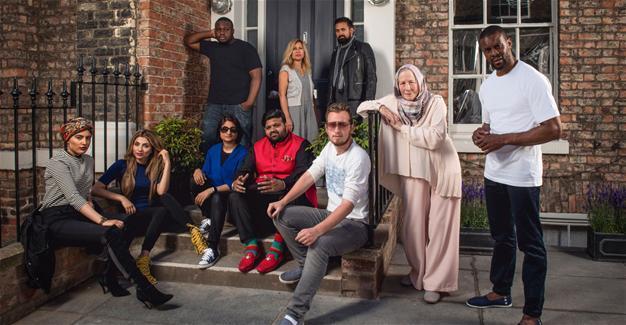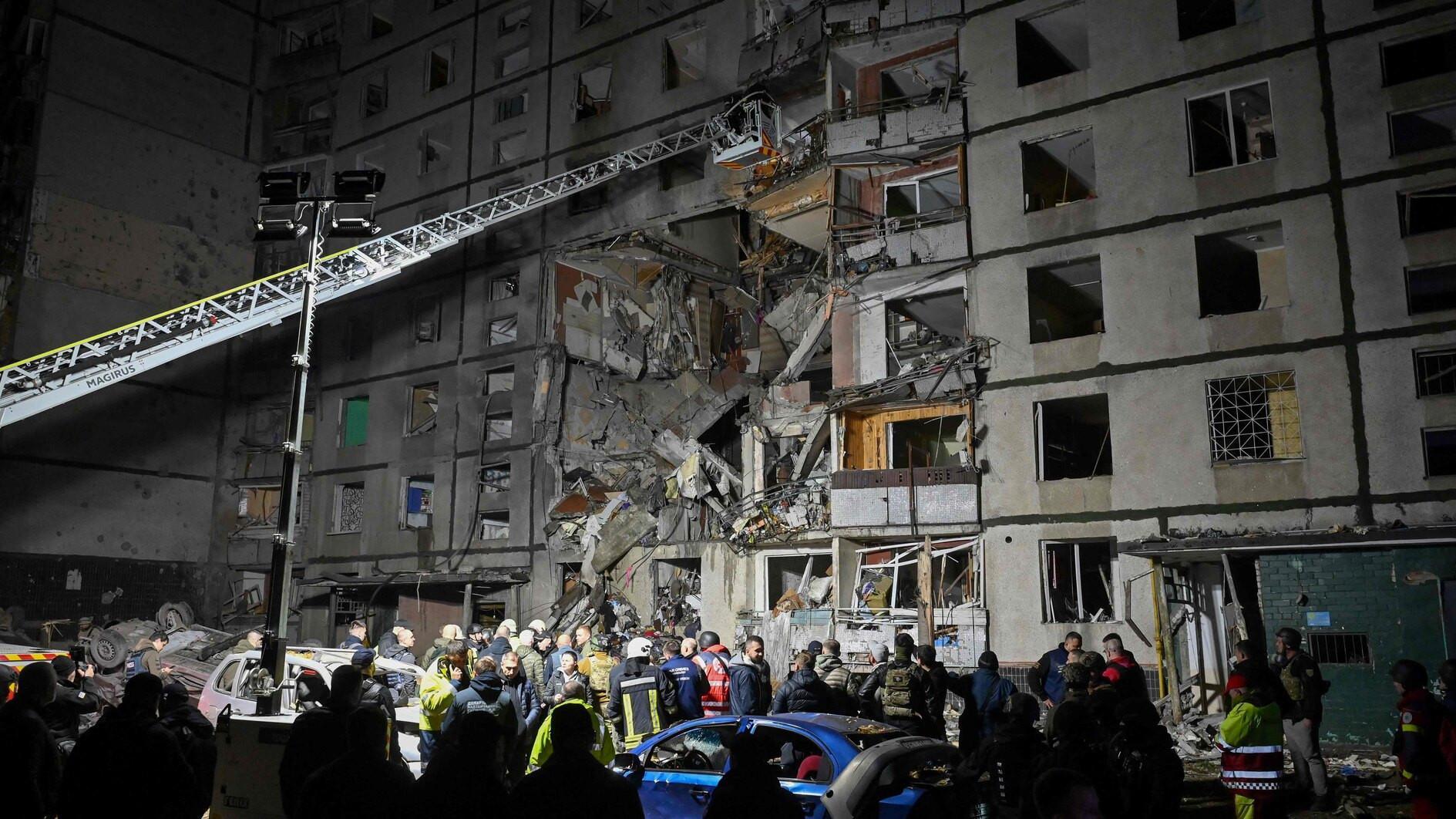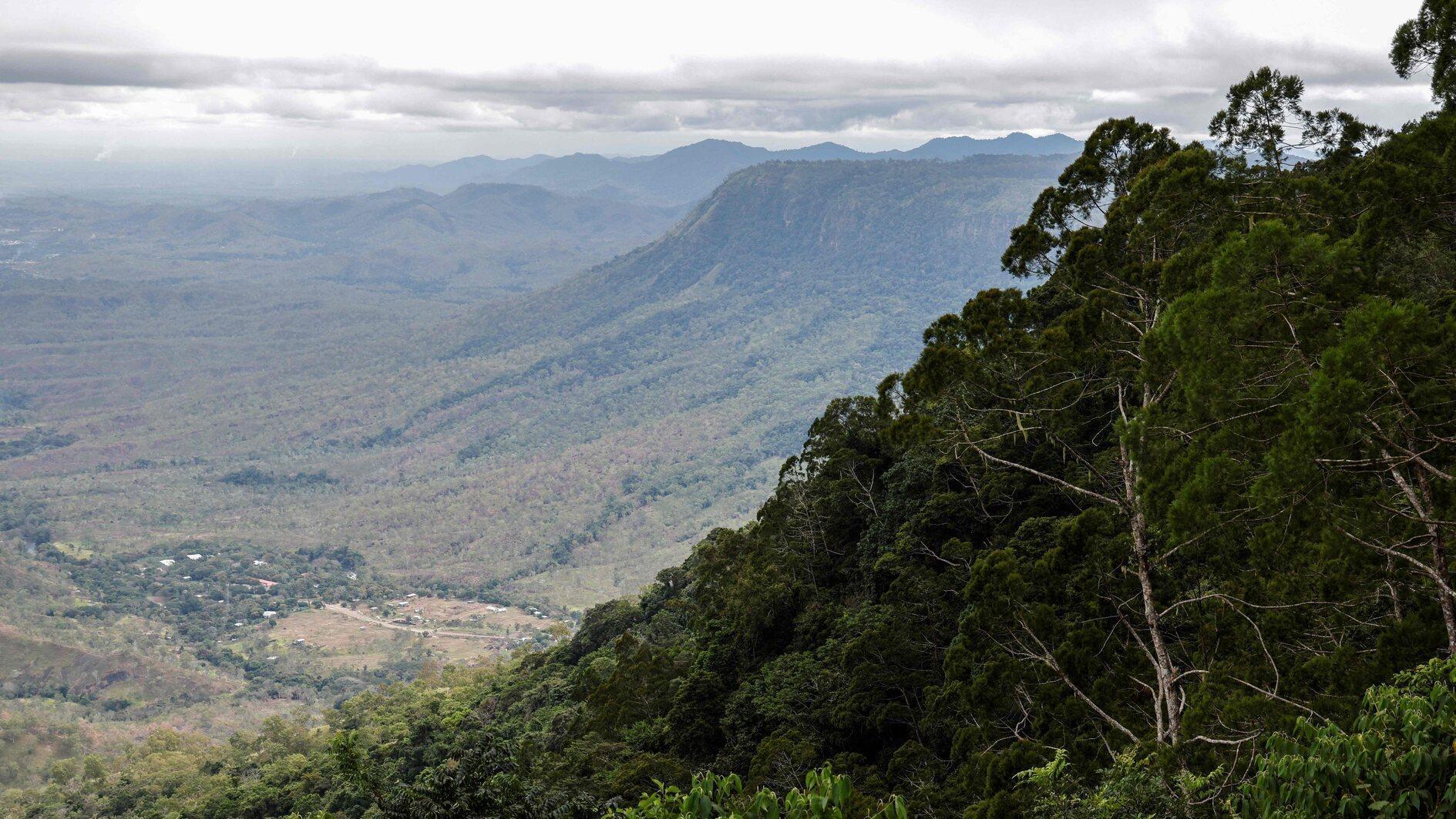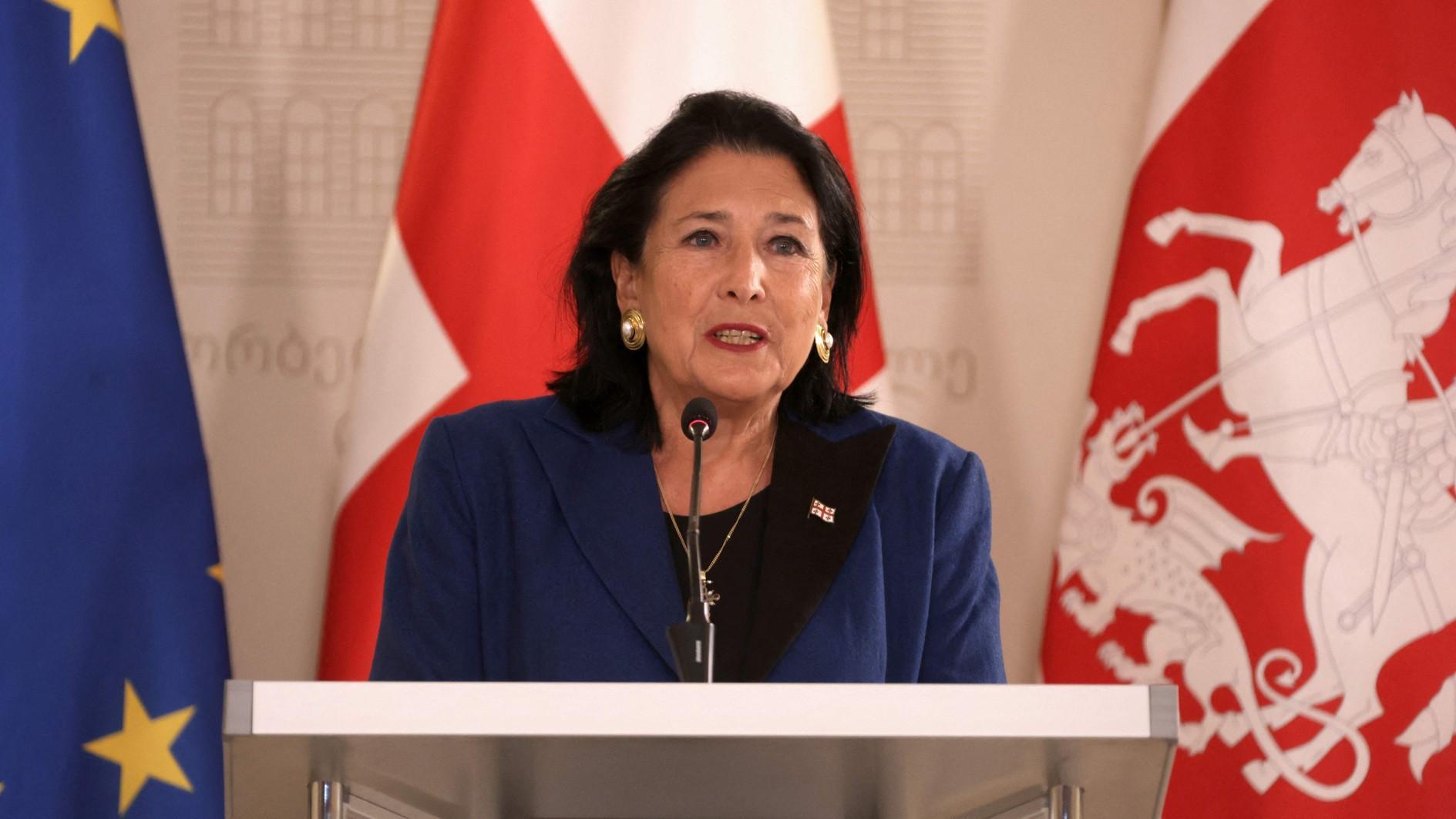‘Muslims Like Us’: Who are Muslims, who is us?
Emrah Güler
 BBC’s two-part reality show, “Muslims Like Us” gives away its standpoint right from the start, from its name. An urgent need to accept Muslims, while continuing to pigeonhole and perpetuate the otherness of Muslims in Britain and the ensuing confusion behind all this, eventually becomes the premise of the show, even if not intentionally.
BBC’s two-part reality show, “Muslims Like Us” gives away its standpoint right from the start, from its name. An urgent need to accept Muslims, while continuing to pigeonhole and perpetuate the otherness of Muslims in Britain and the ensuing confusion behind all this, eventually becomes the premise of the show, even if not intentionally.Taking its structure from “Big Brother” shows, “Muslims Like Us” follows 10 British Muslims as they spend the next ten days together in a house in York. The participants make up an eclectic group, one that aims to breakdown the perceived notion that there is a monolithic Muslim community, to which at least the show succeeds.
There are black, Asian, Arab, African, white, Sunni, Shia, male, female and gay Muslims in the group, some embracing more than one identity. The group also displays diverse definitions of Islam, Islamic lifestyle and Islamic ideologies. There are conservative, liberal and radical Muslims in the show and a few who are confused as to where they stand.
Heated discussions on the definition of Islam, and what makes a “good Muslim” among the housemates begin as soon as they set foot in the house. Although most of them seem to have at least some basic knowledge on Islamic scholarship, Islamic texts and hadiths, most of the discussions soon turn into half-baked conceptions leading to dead ends.
The diversity of the group is so well designed, that no more than two people seem to agree on any given subject, except if they are downright radical. That would be the views of the token fundamentalist, ISIL-leaning Abdul Haq, “as a Muslim I don’t believe in human rights,” or opinions on women’s place in Islam, more often than not oppressive and misogynistic.
In shows like “Big Brother,” time is the best catalyst and adjustment tool for the participants. The weeks they spend together give them the opportunity to get to know each other, to express and expose themselves in the way they desire, to clash and to bond in just the right amount.
[HH] Social experiment or reality show?
“Muslims Like Us” tries to squeeze so much into two hours of scheduled airing time, clashing ideologies and personalities turn it into a muddled and confusing experience. Add to that, the need for a reality show to incorporate sensationalism into the mix, the diversity of voices in the show soon becomes a cacophony.
There is so much to talk in such a limited time among people, presumably with high egos, the discussions soon veer into subjects not directly related to Islam. Racism, white privilege, Britishness, imperialism, sexism, misogyny, homophobia, sectarianism and immigrants in Britain all become the subjects of rating-loving brawls.
Zohra, coming from a Shia background, finds herself in tears after finding out Haq’s intolerance of her sect and his nonchalant attitude toward the death of Shia Muslims. In another heated discussion, Nabil, a Nigerian stand-up comedian with hang-ups of his own, accuses Saba, a white convert Muslim, of dismissing racism against Muslim communities.
With full make-up, heels and nails, the middle-class Londoner Mehreen is juxtaposed against the stereotypical Muslim woman with a hijab, even making Haq blush with her newfound Islamic fashion in the house. Her response, however, to the xenophobic remarks against immigrants of two white homeless men she has just served food is spot on: “Well, I’m the daughter of immigrants, and if my parents hadn’t have come to this country, you wouldn’t have got lunch today.”
The biggest drama unfolds, surprisingly, over onions, when Nabil loses it when he finds out that Ferhan, the gay Muslim, has used the onions he had bought for their shared dinner. The drama is more fit to a sensationalistic reality show then a supposedly social experiment on religion and its perception.
“Muslims Like Us” incorporates four British residents of York into its awkward structure, some of them even more caricatures of the British than the participants of the show are caricatures of stereotypical Muslims. The visits to the cathedral and a war memorial, and the subsequent reaction from some of the participants are the cheapest stunts for ratings with no substance and no sense of direction. No Muslims or Britons are like us in this show.
















